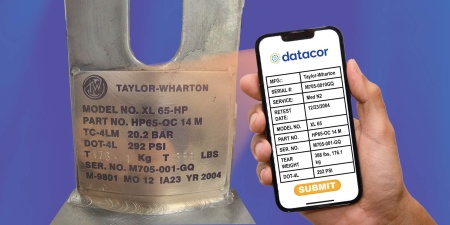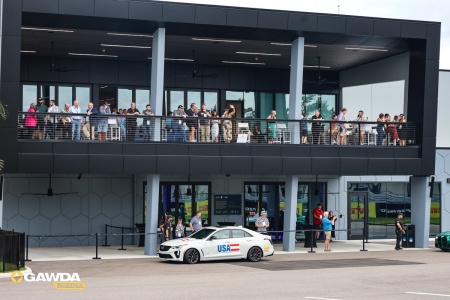by Mike Marks and Dan Horan, Indian River Consulting Group
As practices continue to shift, there are two trends distributors should be paying close attention to in today’s market. One is understanding the role of technology, and the other is attracting and retaining talent.
Attracting and Keeping Talent
Recruiting qualified talent is no easy task. There is always a generational tension between the way “things used to be” and “how it is today.” The tensions between mature leaders and young professionals remain the same.
Distributors must revisit their recruitment strategies to reflect these different perspectives. Training and education opportunities must remain at the top of this list, but it can’t end there. Compensation packages alone are not enough to lure potential applicants; they want to work for a company that values work-life balance and prioritizes social responsibility. Like it or not, that’s the truth.
More and more employees are seeking flexibility and the ability to work from home. Tasks you may have never thought could be done remotely are moving that way. We’ve heard stories from clients who have closed part of their office and moved most of their inside sales team to work from home exclusively. They set up software systems for employees to be able to work from anywhere. This not only changes your building needs but also your recruiting and retention. Will you need to lose someone just because their spouse moves for a job and they must move too? Why couldn’t they keep working for you? In fact, why do they even have to be in your territory or region when you recruit or hire them?
In terms of retaining top sales talent, there are additional considerations. Instead of throwing them to the wolves, as was common in the day, build them a playbook. Consider each employee as a part of the team and teach them the plays they need to win. Specialize your sales team. Give each player their own job and their own function on the field based on their experience and ability. This will free up your most expensive workers to do the most valuable work at the greatest return. There is no reason your top-performing salesperson should be doing inventory counts.
The “we can attract millennials by having cool breakrooms” trend is over. One of our previous clients went so far as to put a golf simulator in to try and attract millennial talent. It was never used. In fact, it became a company joke that the only employees that used it were already on their way out (or high enough up that no one could fire them for not looking busy all the time). Focus instead on training and work flexibility.
Using Technology and Data to Add Value
Along with securing top talent, it is no secret that technology and data are driving the future – yet there are pitfalls to collecting data that you will never use. If you are a data geek, you can never have enough data. But, if you are like most people, eventually the data becomes overwhelming and you suffer from data fatigue. Even if you collect every piece of data under the sun, you should only share what your employees really need. Some distributors are utilizing adjustable dashboards where leaders see the full picture, but employees only see what is necessary to their function. They are changeable in real time and data can be removed and added as needed, even throughout the day, week or month, removing the noise of historical or non-essential data at the end of a day when everyone is in crunch mode trying to get orders loaded.
Rather than throwing money at the latest and greatest software, invest in effective technology that can collect data that will help predict customer needs, anticipate market fluctuation, and make better business decisions.
At the same time, invest in getting employees comfortable with data. Investing in a CRM system and collecting data doesn’t go far if employees are not onboard. One recent client had a robust Power BI setup that no one was using. The company was trying to force and mandate usage even as employees actively avoided using it. Based on our recommendation, they were able to shift their approach and pull employees along by demonstrating the value the system could have for them. Employees that embraced and checked their Power BI page were able to see how they were making more money (or catch a sale or error they would have normally missed). The key was to not get too frustrated with the lack of adaptability and instead prove the value in dollars to the sales reps.
Above all, blend experience with the data. Even the best data models couldn’t have predicted the rapid change that COVID-19 has brought about. The models that have survived the best are the ones that utilized both data and the expertise/experience of people that have been through uncertain times. Trust and verify. Finding someone that can call BS when the data has holes (or no historical precedent) will be invaluable in times of uncertainty and rapid change. Distributors must know that if they continue to play using the old set of rules, they will lose.
![]()
Mike Marks is co-founder and managing partner of Indian River Consulting Group, a consulting firm to distributors and manufacturers. He specializes in helping distributors and manufacturers accurately diagnose problems and identify risk-bound alternatives. Contact him at [email protected] or visit ircg.com.
Dan Horan is a Senior Associate consultant at the Indian River Consulting Group. Joining in 2016, Dan brings his expertise in sales, marketing, branding and communications strategy to the IRCG team.











